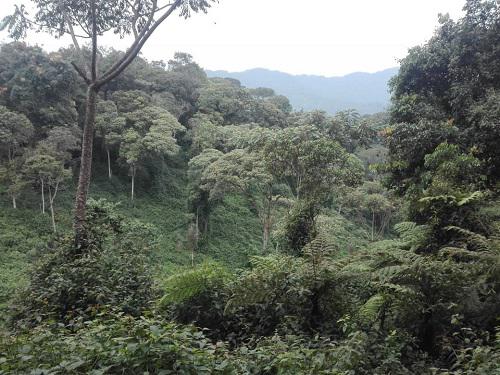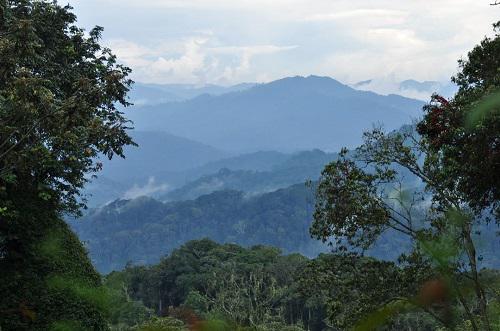Daniel Niyonsaba
Other projects
6 Dec 2017
Perceptions of Local Communities about the Cause of the Extinction of Elephants in Nyungwe National Park (NNP), Rwanda
Nyungwe National Park, Rwanda, was habouring elephants, but they became extinct in 1999 due to poaching activities. Funded by the Rufford foundation, the previous research about the cause of the extinction of elephants from Nyungwe generated information on the reasons that caused the local extinction as well as information on the former location where elephants were distributed within. Information related to the habitat quality where elephants used to be were not gethered.
This study aims to assess habitat quality in areas occupied by elephants in Nyungwe National Park, a prerequisite for elephant re-introduction planning and implementation.

This assessment will be carried out in Nyungwe National Park in areas formerly occupied by elephants in identified in previous research done on perceptions of local communities about the cause of the extinction of elephants in Nyungwe National Park, also funded by the Rufford Foundation.

Nyungwe is a tropical montane rain forest that harbours many different plants and animal species including rare and endemic species. The forest is contiguous with the Kibira National Park in Burundi, forming one of the largest blocks of lower montane forest in Africa (Weber, 1989; Dowsett, 1990). It was declared a forest reserve first by the German colonial government, then by Belgians, with restrictions on clearing. In 1935, it named a Natural Reserve then gazetted as National Park in 2005.
My research will focus on an assessment of habitat quality in areas formerly occupied by elephants in Nyungwe National Park. I believe this study will help protected area managers to identify suitable locations or sites with similar ecological conditions where they can get elephants once they may need to reintroduce them while preparing them to put in place resources that could be used when implementing decisions related to reintroduction of elephants and conserving Nyungwe’s biodiversity and their habitats.
Once elephants are reintroduced in Nyungwe National Park, the findings from this study will help park managers to monitor elephant-habitat interraction , environmental response to this interaction as well as understanding the effects of loss of elephants on habitat composition and structure.